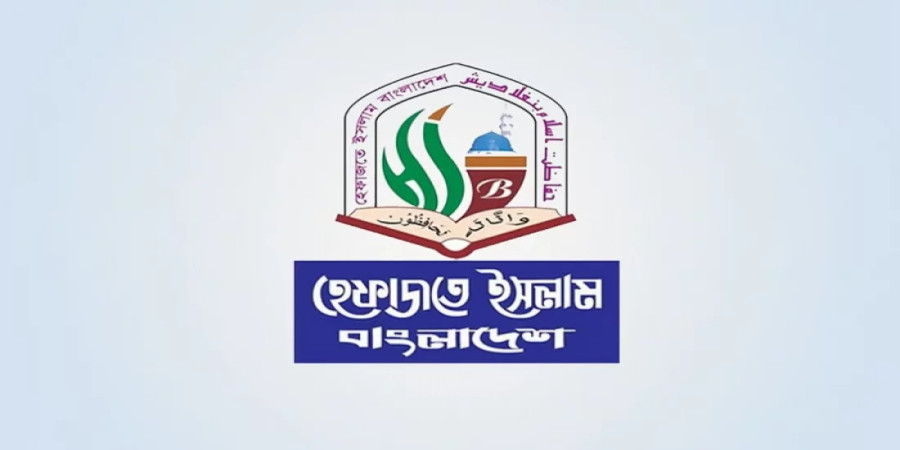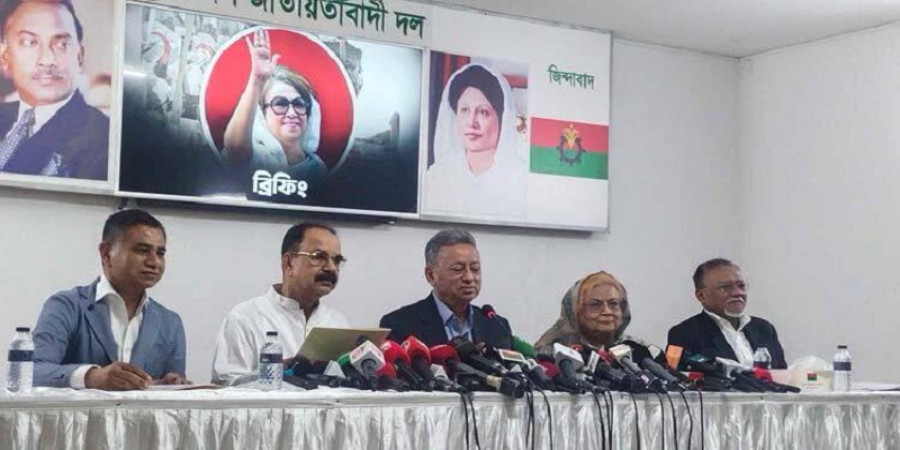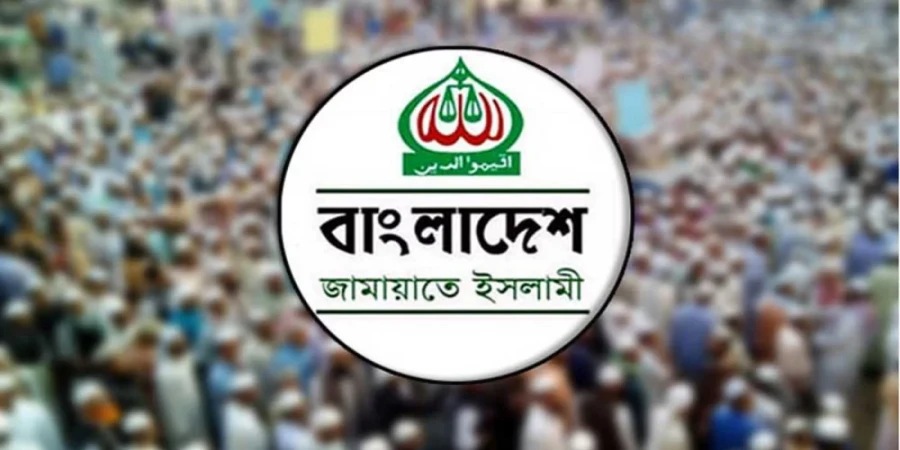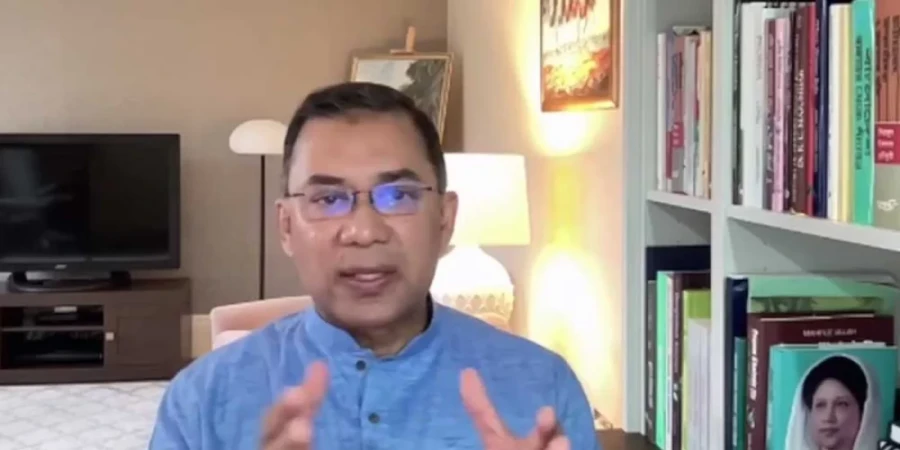
ছবি: Photo: Collected
There is no ideological or political space for ‘pro-Pakistan’ sentiment in Bangladesh, stated Maulana Azizul Hoque Islamabadi, Joint Secretary General of Hefazat-e-Islam Bangladesh, in a strongly worded press release on Tuesday, May 13. Responding to growing use of such labels in South Asian media discourse, particularly by Indian outlets, the Hefazat leader warned that this type of narrative may reignite unnecessary divisions within the unity of Bangladesh’s current political landscape.
According to Islamabadi, Indian media outlets have frequently framed Bangladesh’s anti-authoritarian and anti-hegemonic student and civil society movements as aligned with ‘Pakistan ideology’. He argued that this approach is not only misleading but also serves to reintroduce a dated and dangerous narrative into contemporary Bangladeshi politics. “Branding dissenters as ‘pro-Pakistan’ is part of a renewed Indian rhetorical push,” he said. “We have seen this strategy used repeatedly under the current fascist regime in Bangladesh to suppress, marginalize, and even eliminate opposition voices.”
He warned that reviving this type of rhetoric could undermine recent efforts at unifying diverse political forces, especially those calling for systemic change. “Introducing the ‘pro-Pakistan’ tag now is an attempt to fracture the emerging consensus against fascism and foreign domination. This serves only to create space for renewed Indian hegemony,” he added, urging all political and social stakeholders to act responsibly and remain vigilant against divisive tactics.
Islamabadi went on to situate his argument within the broader trajectory of the subcontinent’s political history, emphasizing the consistent role of religious scholars and the Muslim masses in resisting oppression and injustice. “From the anti-colonial resistance against the British to the founding of Pakistan in 1947, our scholars and people have always stood against tyranny,” he said. “That spirit continued in 1971 when the people of this land rose against the authoritarianism of the Pakistani military regime, and in 2024 when the people once again rallied against fascism and external interference.”
Referring to these three historical milestones—1947, 1971, and the political mobilizations of 2024—as the foundational pillars of Bangladesh’s national identity, Islamabadi argued that attempts to distort or selectively emphasize certain parts of this history undermine national unity. “Each of these events—whether the partition of British India, the liberation war, or recent uprisings against authoritarian rule—forms a vital component of our collective struggle and national identity,” he said. “We must embrace all of them without denial or distortion. These are not just dates; they are legacies that define our path forward.”
He accused Indian state-aligned narratives of routinely weaponizing historical discourse against Muslims in the region and called on Bangladeshi citizens to resist such distortions. “India has always projected a communal and anti-Muslim interpretation of our history,” he stated. “We must not allow that to influence our internal politics or derail our efforts at rebuilding the state based on justice, equality, and sovereignty.”
Reflecting on recent political history, Islamabadi alleged that the use of Indian-origin narratives played a key role in the persecution of Islamic leaders in Bangladesh. “During the fascist regime, several leading Islamic figures were subjected to judicial executions justified by borrowed narratives. These tragic events were enabled by media and political framing that originated beyond our borders,” he said. He insisted that any repeat of such episodes would be intolerable and called for national unity to prevent them.
Islamabadi also categorically rejected the notion that there exists any substantial ‘pro-Pakistan’ faction within contemporary Bangladesh. “There is no such thing as a ‘pro-Pakistan’ movement or ideology in this country. This is a false and dangerous label,” he emphasized. “Instead, what we must focus on is building a strong and inclusive political culture rooted in the principles of independence, dignity, and resistance to all forms of fascism—whether local or foreign.”
Concluding his remarks, he urged all factions opposing authoritarianism to unite around the historical legacies of 1947, 1971, and 2024. These, he argued, must not be points of contention but of convergence, serving as a roadmap for building a new, democratic Bangladesh. “We call on all anti-fascist groups, activists, and citizens to remain united on these three foundational questions. Our shared history must guide our future, not divide it,” he said.
repoter






